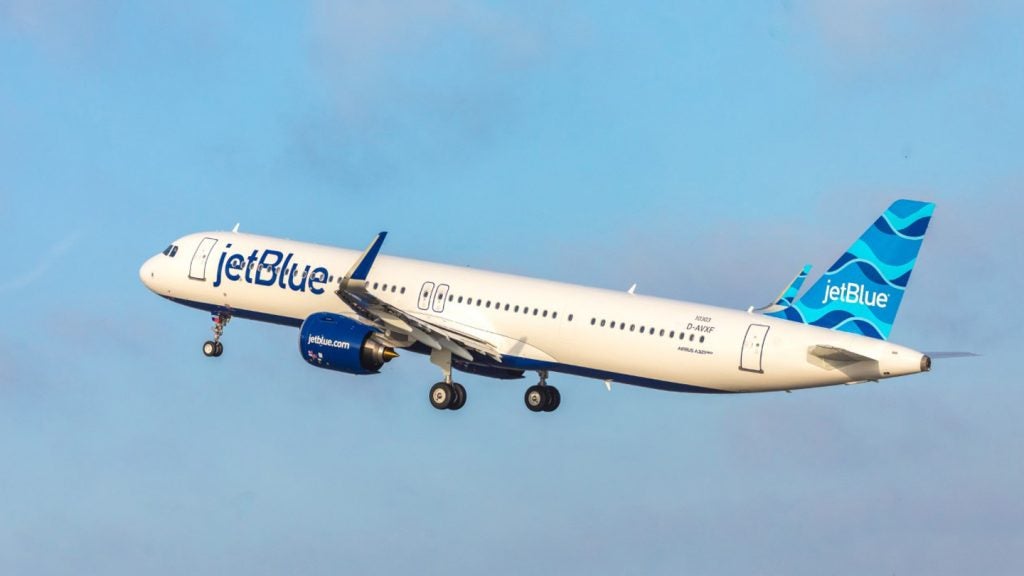
Route planning has always been a balancing act, with airlines required to weigh up a plethora of factors. To begin with, there are the fundamentals – how far is it between point A and point B? What kind of plane is required, what product and how many seats? What level of competition is there on the route and what degree of customer demand?
Addressing these issues would prove challenging enough in itself, but the task is complicated further by the inevitable slew of regulatory constraints. In an industry characterised by its slender profit margins, every new regulation imposes an additional, and unwelcome, cost.
"The more you load up the cost, the more you eat away at the profit," explains Jeremy Robinson, aviation lawyer at Gates and Partners. "So one of the questions you ask with regards to regulatory costs is: can you pass it on to consumers – and risk losing some of them – or should you absorb it yourselves? It’s a very difficult choice to make."
The passenger dilemma
The most obvious example of the former model is air passenger duty (APD), which is charged to airlines flying in the UK. The tax is collected directly from customers and has risen dramatically since it was introduced in 1994. As of April 2012, business or first-class passengers face a surcharge of £184 on certain long-haul flights.
The steepest tax of its kind anywhere in the world, APD has faced an understandable backlash. Theoretically a form of environmental taxation, it is not hypothecated and as such represents little more than a means of raising revenue. At the time of writing, the ‘Fair Tax on Flying’ campaign, backed by more than 30 airlines and tour operators, is mounting widespread support.
See Also:
While APD risks reducing passenger numbers and thus denting the UK’s aviation industry, other forms of regulation bring a different problem. Here, the airlines themselves must shoulder the burden. Consumer rights legislation, for instance, is both unarguable in principle and hugely expensive in practice. Take the EU regulation 261, which sets out the rights for passengers if boarding is delayed or denied.
How well do you really know your competitors?
Access the most comprehensive Company Profiles on the market, powered by GlobalData. Save hours of research. Gain competitive edge.

Thank you!
Your download email will arrive shortly
Not ready to buy yet? Download a free sample
We are confident about the unique quality of our Company Profiles. However, we want you to make the most beneficial decision for your business, so we offer a free sample that you can download by submitting the below form
By GlobalData"People don’t object to that in principle, but they do object to the way it has been interpreted by the Court of Justice of the EU," says Robinson. "Part of the question is how you minimise the harmful effect of regulation that’s badly designed or twisted out of shape by the courts, or imposes an unnecessary cost."
Emissions and the economy
The European Union Emissions Trading Scheme is facing a similar situation. Whereas no airline would oppose its larger goal – creating a carbon-neutral, lower-noise, eco-friendly industry – the specifics have come under fire. This is not a case of anti-environmentalism, but rather one of economic strife.
With the eurozone in turmoil and the UK facing its steepest double-dip recession in 50 years, airlines have little room for manoeuvre. And when you place the cost of regulation in its wider context – soaring operational, consultancy and fuel prices, alongside diminished consumer demand – the outlook seems unequivocally bleak.
"I think there’d be a lot less objection to costs imposed by regulation if the economic situation weren’t as serious as it is," says Robinson. "Before the crisis started in 2008, there were lots of routes being opened up, start-up airlines and new business models. But now things are changing – economic power is moving eastwards, and with it people and goods are increasingly travelling through hubs outside of Europe, such as Dubai."
Luckily for crisis-stricken Europe, the picture does contain some bright spots. Given that various players have been leaving markets or abandoning their less profitable routes, the remaining airlines are apt to receive a welcome boost.
"Let’s say you have two airlines, X and Y, who are the only competitors on a route," explains Robinson. "For X, this is a major route, but Y is not making very much money. When the recession comes, Y leaves the route. This means airline X has a monopoly over the route, so it might do quite well and be able to increase its prices."
Advantages of the Single European Sky
More broadly, the Single European Sky programme bodes well for route development. While its progress has been sluggish, once in place the initiative should offer many advantages.
At present, European airspace is notably fragmented, with some portions off-limits for military or security reasons. In consequence, many routes do not take the shortest path between two airports. This in turn entails higher fuel consumption – which is bad for the environment and the bottom line.
With a harmonised airspace across Europe, direct flying will become more viable and with it comes the promise of lowered emissions: the European Commission claims that completion of the programme will help European airlines save 10% on their total fuel burn. Moreover, the present patchwork of airspace will be consolidated into functional blocks, meaning a simpler process and fewer sets of instructions to obey.
"One of the great things about air traffic management reform is that, if you increase capacity then the number of planes that can be up in the air at any one stage will be much higher," says Robinson. "What effect that has on capacity on the ground is another matter, because if you’ve got a massively congested airport, less congested airspace is only part of the solution."
Indeed, route development cannot occur without the necessary airport space. With virtually no capacity expansion taking place at Western European airports – Germany being the sole exception – the creation of new routes hinges upon the state of the existing runways. Nowhere is this more the case than at Heathrow.
"There’s quite a lot of airport capacity all over Europe; the question is how it’s spread and how that spread reflects demand," continues Robinson. "The debate we have in the UK is: should we have a third runway at Heathrow, an alternative airport or no expansion at all? Heathrow operates at more than 99% capacity, so there’s little resilience when one of the runways is out of use."
Aviation regulation in context
While this debate is crucial to UK aviation policy, it cannot be addressed in isolation. Rather, it is just one thread in a complex tangle of issues pertaining to the economic context.
As austerity measures continue across the continent, it remains to be seen what type of business model will match the new patterns of demand. One thing is clear, however – regulation will remain a central concern. Wherever growth occurs, environmental laws are apt to curb it, meaning that overall profitability will not soar unchecked.
"If we continue to see growth in the aviation industry over the next five to ten years, it will be interesting to see the new shape of any emissions trading scheme," says Robinson. "What will it mean for airline costs? Will you be paying for the cost of emissions related to your consumption of jet fuel? There are a lot of complicated issues, but for all of them, the economy is at the core."







